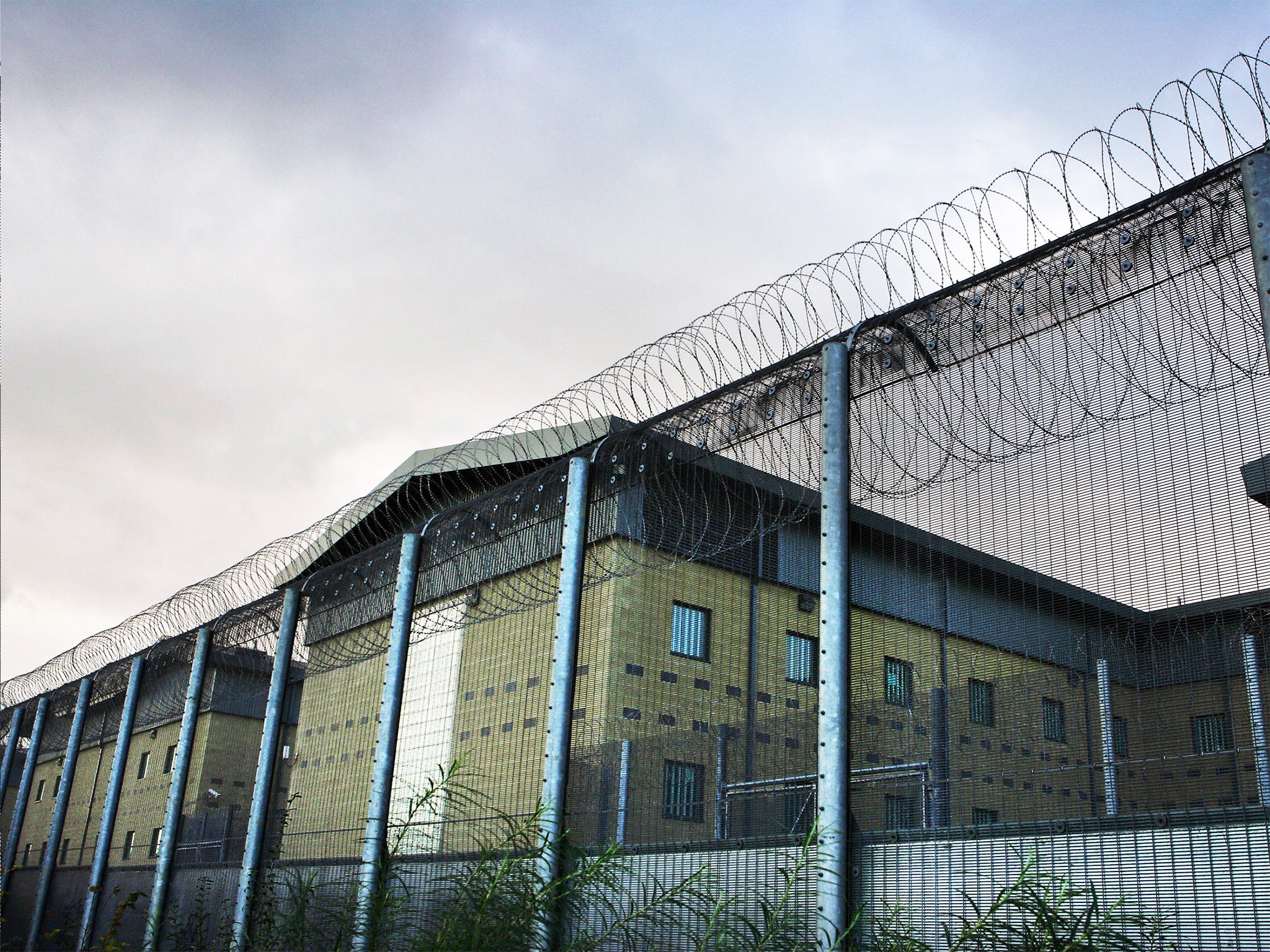The UK has a tradition of providing safety to those fleeing persecution — yet half of them will end up in detention
Many of these asylum seekers may have been through traumatic situations and their first experience in the UK is being deprived of their liberty

The fact that the recent election coincided with the 800th anniversary of Magna Carta - a bedrock of the ‘house of rights’ built over the past eight centuries by the people of the UK - should not only provide Britain’s new Conservative government with an opportunity for commemoration. It should also prompt them to take a deep, critical look at the practices that successive British Governments have been carrying out that run contrary to the very spirit of this historic charter.
Detaining thousands of bona fide asylum-seekers who arrive in the UK to find safety is one such practice. It ought now to be discontinued. Detention of those who seek protection should only be used as a measure of last resort.
It should only be applied where it pursues a legitimate purpose – such as avoiding risks to national security, public order or public health. After all, the vast majority of asylum-seekers have committed no crime. Rather, many are victims of war and violations of human rights.
Fleeing for their lives, some of them made the perilous sea journey across the Mediterranean as they were left with no alternative. Also, there is no evidence that those seeking protection in this country have a natural inclination to abscond and live underground in the UK. Their aspiration when coming here is exactly the opposite: to be free from fear and the need to hide and run.
Chapter 39 of Magna Carta states that “no free man shall be taken or imprisoned, or dispossessed or outlawed or exiled or in any way ruined … except by the lawful judgment of his peers or by the law of the land”. Reflection on this principle should help inspire those who form Britain’s next government to reverse the current practice of routine detention.
The UK has a historic tradition of providing safety to those fleeing persecution. Globally, it currently ranks as the eight largest recipient of new asylum-seekers amongst industrialized countries. In 2014, for example, 31,000 asylum claims were made in the UK, many from Eritrea, Syria, Pakistan and Iran.
The UK also has a decade-old Gateway resettlement programme, welcoming an additional 750 refugees from war-torn places such as Somalia, the Democratic Republic of Congo and Iraq every year. Today, the UK is also the second largest donor of humanitarian aid for desperate Syrian families, including those who have fled to the neighboring countries. It has committed more than 800 million GBP for such life-saving assistance.
But the disproportionate use of immigration detention in the UK stands in sharp contrast to these humanitarian achievements. In comparison with other European countries, the UK uses detention in asylum procedures in a disproportionately high manner: more than 13,500 asylum seekers were detained in 2014 alone.
This means that almost every second person seeking international protection in this country ends up in detention. Many of these asylum seekers may have been through painful and traumatic situations and their very first experience in the UK is being deprived of their liberty.
The UK is also one of a handful of countries in the world without a time limit on immigration detention. This leaves open the possibility of asylum seekers being detained indefinitely and without automatic judicial oversight.
And as the recent Parliamentary Inquiry into the Use of Immigration Detention – in addition to several media reports – clearly shows, the conditions in these centers are far from ideal. The psychological impact on those who are detained is hard to imagine.
Detaining too many asylum-seekers for too long is not only questionable from a moral point of view, it is also very expensive. For example, the price tag for running the UK’s detention immigration estate in 2013/14 was £164.4m - with the cost of detaining one person for one year being as high as £36,000. Between 2011 and 2014, the UK Government paid nearly £15 million in compensation following claims for unlawful detention.
Last year, UNHCR launched a five-year global strategy called “Beyond Detention” and we stand ready to support the Government to implement this strategy also in the UK. The three main goals of the global strategy are to end the detention of children; to ensure that alternatives to detention are available in law and in practice; and to improve conditions in detention centers – where detention is absolutely necessary.
In 2010, the incoming Government made a commitment to end the detention of children in the UK and, since then, the number of children detained has been significantly reduced. Now, what is urgently required is for the next Government to show the political will to go one step further and reduce substantially the use of detention beyond children.
Adult female and male asylum-seekers fleeing war or persecution should not fear being detained upon arrival in the very same land which 800 years ago gave birth to the Great Charter that has been an inspiration to States and peoples around the world.
Gonzalo Vargas Llosa is the UNHCR Representative to the United Kingdom.

Join our commenting forum
Join thought-provoking conversations, follow other Independent readers and see their replies